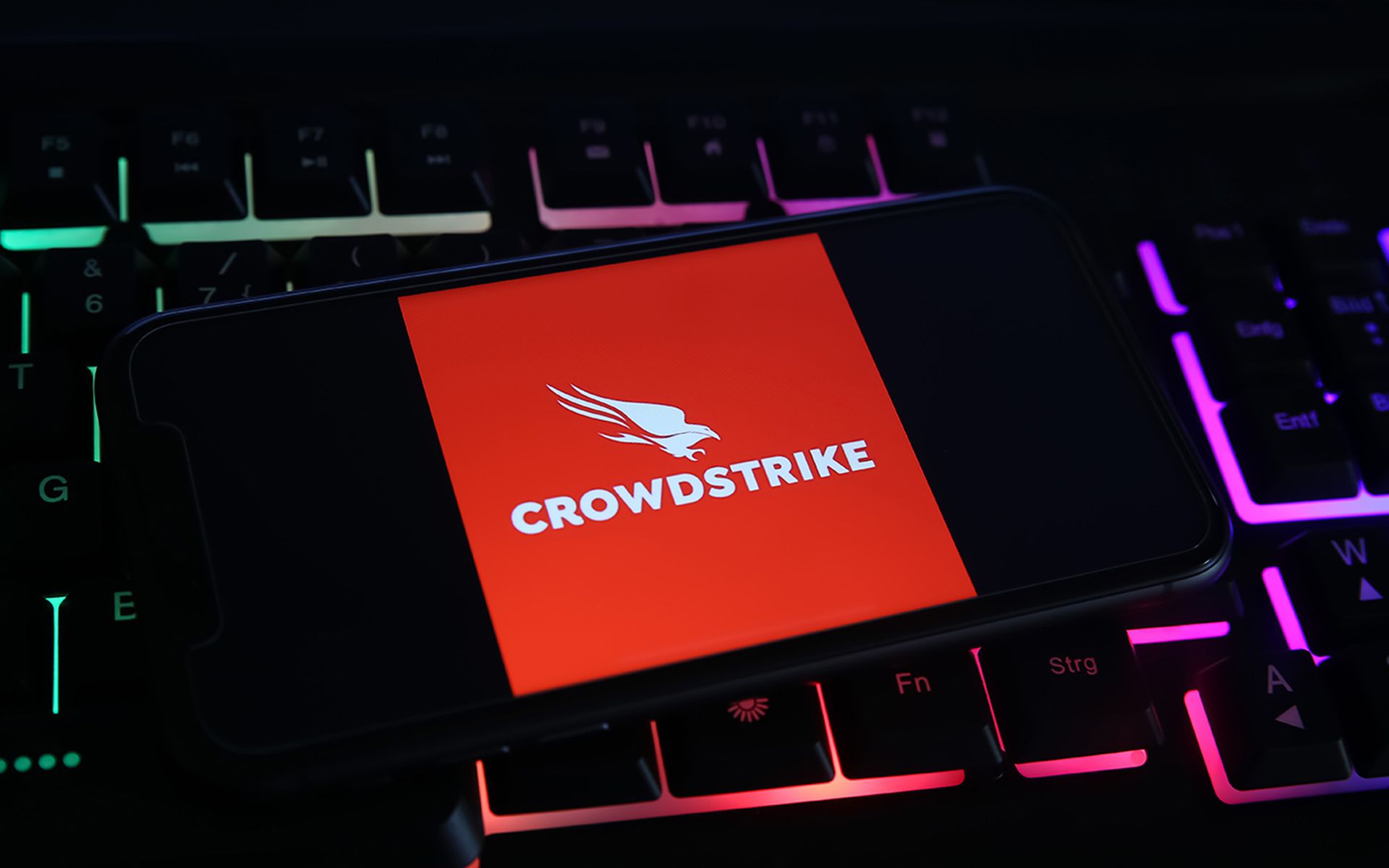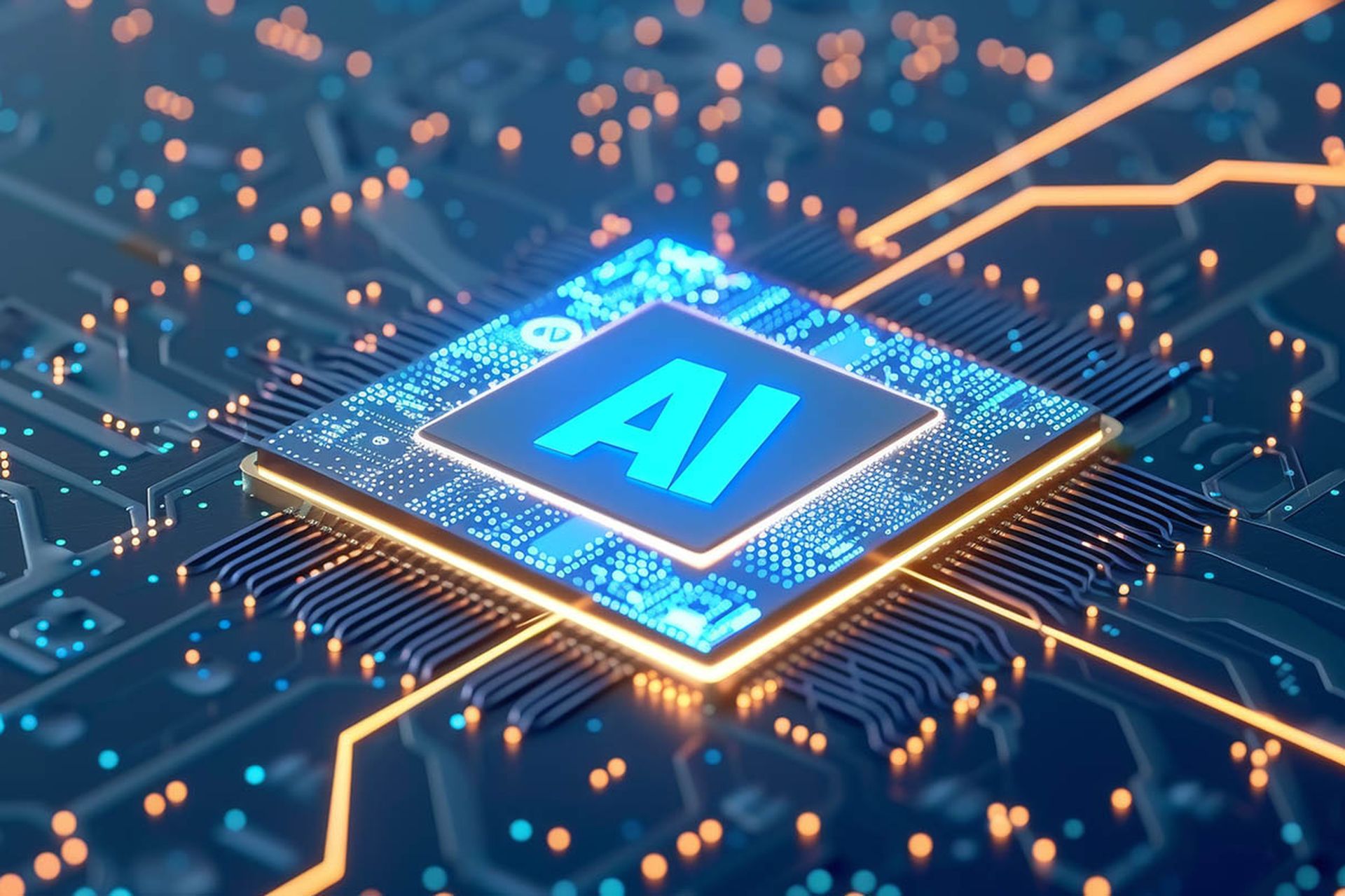AI/ML, AI benefits/risks, Generative AI
AI agents: The next step in the artificial intelligence revolution?

(Adobe Stock)
They’re task-oriented and will be designed to take it upon themselves to complete those tasks as efficiently as possible without any human input.The AI agents are coming.At its annual Ignite conference last November, it was made clear Microsoft thinks so-called “agentic AI” will be a big part of its future artificial intelligence strategy.Described as “agents” and powered by AI, they will carry out everyday tasks like customer service along with more complex duties such as managing supply chains.The difference between these agents and generative AI (GenAI) – its relative in the AI family tree – is the degree of autonomy and decision-making they are imbued with to not only complete mundane, labor-intensive tasks, but to also streamline systems and free-up humans to do other work.As futurist and author Bernard Marr wrote: “Think of generative AI as a highly skilled assistant waiting for instructions, while agentic AI is more like a colleague who can take the initiative and work independently toward broader objectives.”The potential benefit of agentic AI to organizations is not lost on the technology and cybersecurity industry. Many security professionals submitting predictions to SC Media said they see companies incorporating AI agents into business and security operations in 2025 and beyond.Alex Bovee, CEO and co-founder of identity governance platform firm ConductorOne, sounded bullish in his prediction.“AI agents will run and operate within your organization just like humans," Bovee suggested."They’ll even begin to interact with other AI agents to accomplish their job. This means AI agents are going to look, feel, and act just like humans do in an organization.”Computer chip maker Nvidia, the company often at the center of this AI revolution, described the potential applications for AI agents as vast, “limited only by creativity and expertise,” Erik Pounds, director of product marketing, posted on the company’s blog.According to J. Stephen Kowski, SlashNext’s field CTO, the primary advantage of agentic AI extends beyond simple automation by introducing adaptive decision-making that can handle complex, multi-step processes without constant human intervention.“This technology enables organizations to streamline operations while reducing human error and increasing the speed of execution across various business functions,” Kowski said via email.While still an emerging trend, at least one cybersecurity firm said it’s currently using agentic AI in its offerings.ReliaQuest announced on Feb. 3 that its ReliaQuest AI Agent is processing security alerts 20 times faster than traditional methods with 30% greater accuracy at identifying true threats. Claiming that ReliaQuest AI Agent is the first agentic AI in the cybersecurity industry, ReliaQuest announced that its agent uses “a decade of end-to-end incident response data and expertise to build and execute its own workflows and solve problems dynamically, in record time.”“Agentic AI represents the future of cybersecurity, and we’ve only just scratched the surface of what’s possible,” said ReliaQuest founder and CEO Brian Murphy. “Eliminating Tier 1 and Tier 2 work out of security operations will give our customers’ talented security teams back time and energy to do the work that matters, helping to protect the global organizations we all interact with on a daily basis.”
An In-Depth Guide to AI
Get essential knowledge and practical strategies to use AI to better your security program.
Get daily email updates
SC Media's daily must-read of the most current and pressing daily news
Related Terms
AlgorithmYou can skip this ad in 5 seconds




